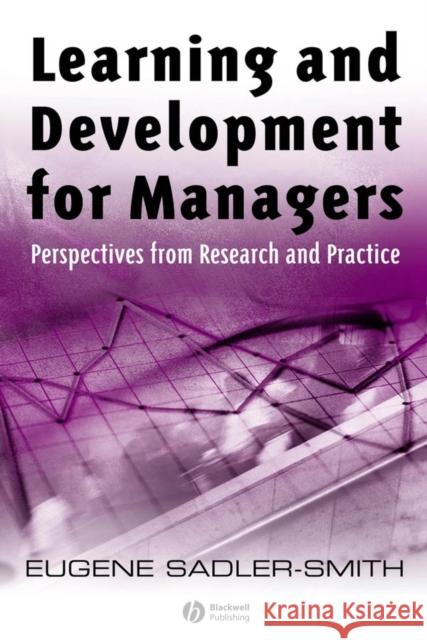Learning and Development for Managers: Perspectives from Research and Practice » książka
topmenu
Learning and Development for Managers: Perspectives from Research and Practice
ISBN-13: 9781405129824 / Angielski / Miękka / 2006 / 488 str.
This text describes, analyses and synthesises a wide range of contemporary issues from research and practice in the field of individual and collective workplace learning and development.
- Enables students and managers of learning and development (L&D) to understand the theory and practice of L&D in organizations.
- Explores the concept of learning from a variety of perspectives through the use of examples of research and practice from all over the world.
- Takes a broad view of learning as encompassing both explicit and implicit and individual and collective learning processes.
- Argues that the practice of L&D should be based upon a rigorous theoretical and empirical base.
- Each chapter uses synopses of research studies and case studies from businesses to illustrate the most important theories, concepts and models.
- Lists of key concepts, knowledge outcomes, 'perspectives from practice', 'perspectives from research', discussion points (for individual or class use), and concept checklists to benefit both students and teachers.
- Is illustrated throughout with diagrams, tables and 'L&D facts and figures'.











